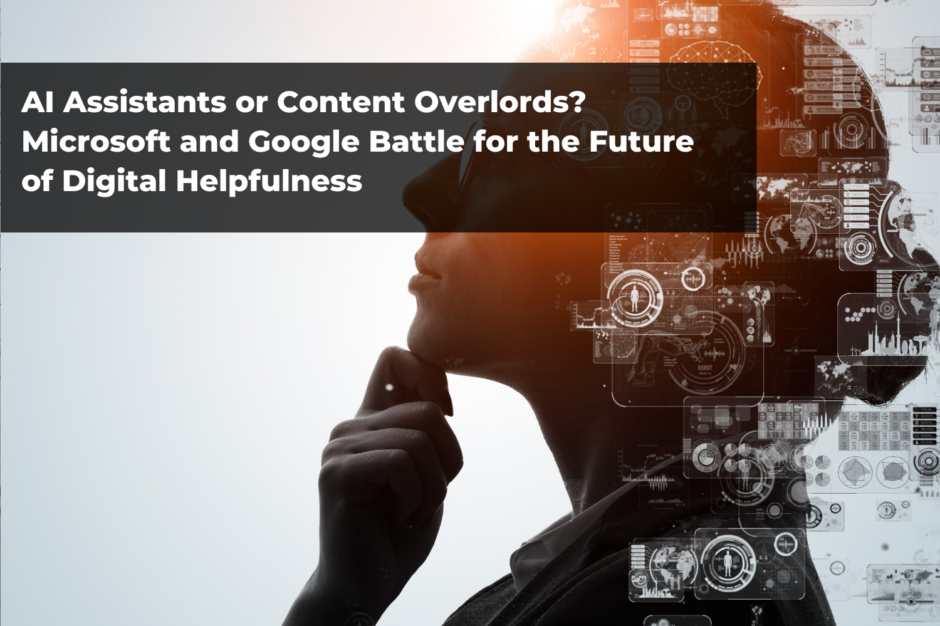As Microsoft celebrates its 50th anniversary and Google approaches its third decade, the two tech giants are locked in a high-stakes race to define the next era of AI-powered digital assistance. In a wide-ranging report, tech editor Jonathan Bell explores how Microsoft’s Copilot and Google’s Gemini are shaping a new frontier—one where AI blends help, search, memory, and emotion into our everyday interactions with technology.
Google's Gemini Live, featured on Pixel devices, offers real-time visual recognition and conversational AI, aiming to become a seamless personal assistant. Meanwhile, Microsoft’s Copilot, deeply integrated into its suite of tools, is evolving toward a contextual, even emotional, AI companion. New features like Recall (which screenshots your activity to aid memory) and customizable avatars in Copilot Appearances raise both eyebrows and expectations, as Microsoft pushes for a more humanized AI experience.
But the story doesn’t stop at tools and features—it dives into the cultural clash unfolding across journalism, content creation, and search. Google's evolving algorithms increasingly favor “creator content” over traditional media, causing volatility in traffic and visibility for news publishers. At the same time, the rise of AI-generated videos and imageryraises questions about creativity, value, and sustainability in a data- and energy-intensive future.
In this ongoing AI arms race, the lines between assistance and authorship, efficiency and erosion of human creativity, are increasingly blurred. Microsoft and Google promise tools that empower, but their platforms may also quietly reshape how we define content, credibility, and connection in a digital world increasingly dominated by machines.


